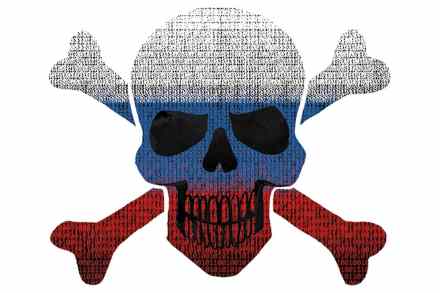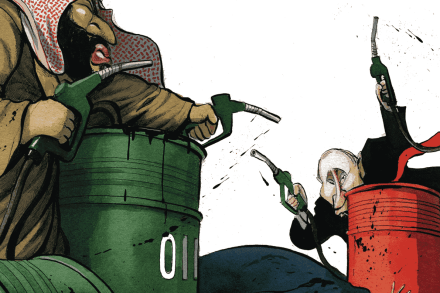Is this Putin’s ‘Suez moment’?
Suez is long remembered as a critical moment in Britain’s imperial decline. Might future historians say something similar about Russia’s invasion of Ukraine? There are a number of striking parallels between Britain’s relationship with the United States in the 1950s and Russia’s ties with China today. Britain’s rash move to reclaim the Suez Canal from Colonel Gamal Abdel Nasser, was – as with president Putin’s invasion of Ukraine – conducted without any substantial prior consultation with its key ally. In Russia’s case, it was China that had no warning. But during the Suez crisis, it was the United States which had its nose put out of joint. The limits of





















